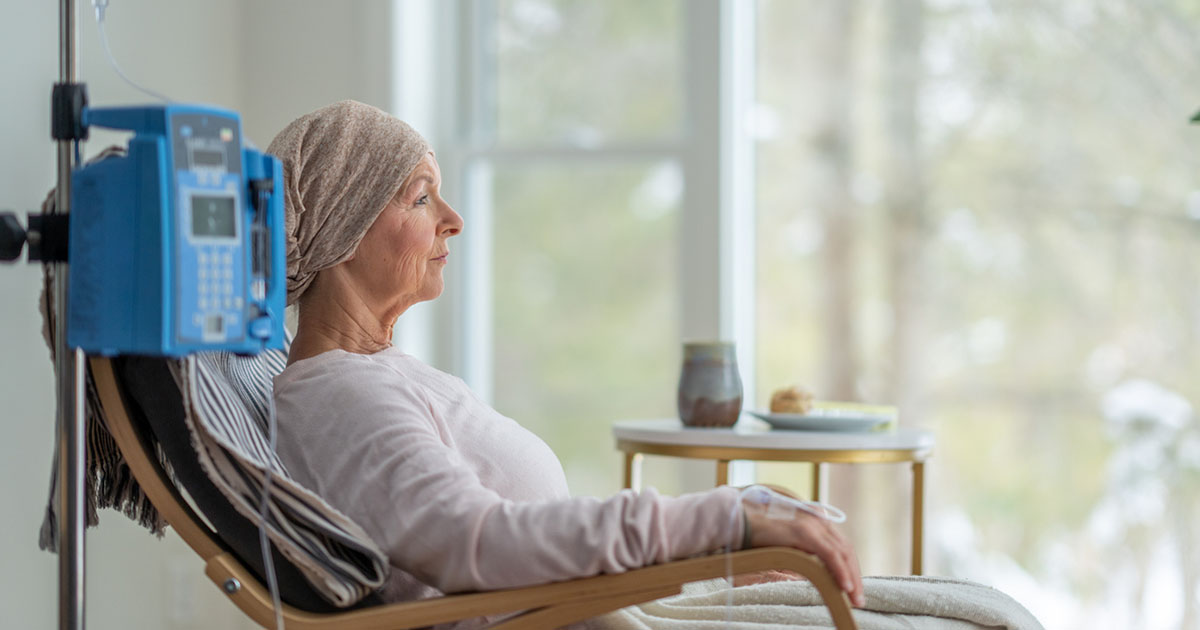The person with diabetes
Juliette, a person with type 1 diabetes, emigrated from France, where the healthcare system enables people to choose who they wish to see without the need for GP referral. On registering in England, she was told by her GP, despite asking to be referred to secondary care, that she did not need to be referred as her diabetes was stable and the referral could not be justified on the grounds of cost. She has also been told that she cannot get pregnant and that, if her blood glucose is high, it is because she has eaten too much.
A GP’s view
Dr Vineet Thapar, General Practitioner, GP trainer and Course Organiser for Vocational Training for GPs, writes:
There are a variety of ways in which healthcare professionals look after people with diabetes in the UK, including full primary care, shared care or total secondary care. This is dependent on:
- The enthusiasm of someone in the primary care team to take responsibility for the diabetes clinic
- Monitoring facilities
- Access to support staff (e.g. dietitian, chiropodist)
- Access to secondary care (e.g. in rural areas).
It appears that Juliette’s doctor has chosen to provide full care to people with stable type 1 diabetes. This is rarely taken on in practices; if it is, there is considerable skill and experience in not only the doctors but also the practice nursing staff in managing insulin doses and providing educational support for patients. I feel that diabetes specialist nurses currently best provide this level of support. Unfortunately, most of these specialist nurses have their contracts of employment with secondary care units and not primary care. However, this may change with the advent of primary care groups. The doctor needs to satisfy Juliette that the care provided in the surgery matches the care provided by the hospital. This is often the case for people with type 2 diabetes in most well run primary care clinics, but less so for those with type 1 diabetes.
Patients are entitled to an opinion from a GP about the management of their condition. As the gatekeeper for secondary care services, a GP is entitled to refuse to refer to secondary care if in his/her judgement a referral is not necessary. Patients are however entitled to a second opinion, which they can readily get from another doctor in the practice, or by registering with another practice. The doctor cannot refuse treatment on the grounds of cost, and in this case the only grounds are that the services are adequately provided for by the practice.
Most hospitals now provide excellent joint maternity services with the consultant obstetrician and diabetologist, and diabetes itself is not a contraindication to pregnancy.
Although important, it is not just a case of quantity of food eaten that affects diabetic control but the types of food eaten. A good dietitian could clarify this.
Because of possible language difficulties, Juliette might have misunderstood the advice she was given. If Juliette understood correctly, the GP is on thin ground regarding:
- Refusing referral on the grounds of cost
- Advice given on pregnancy and diabetes
- Not having the skills to effectively engage his/her patient into their own management.
Successfully negotiating treatment and lifestyle advice to achieve concordance underpins good diabetes care. This has now superseded the older style, in which doctors dictated treatment plans and the patient was labelled ‘non-compliant’ if the plan was not followed.
I feel Juliette should consider visiting her doctor once again to clarify the situation. If she is not satisfied with the advice and the provision of diabetes care from the practice then she should consider getting a second opinion from another general practitioner.
Juliette’s response:
I am satisfied with the answer given by Dr Thapar. I certainly agree with the fact that people with diabetes should be referred to a specialist if the GP does not feel that he/she can provide appropriate help and support. At the time, my HbA1c was at 9.4 which was not ideal. I personally think that the doctor thought that I was not trying to achieve good control.
This happened last year. I found help from an internet site at http://www.diabetic.org.uk offering an informal discussion group for people with diabetes and their families, where people can share experiences (good or bad) and knowledge. My motivation has been high ever since. On their advice, I changed GP. So, I am now registered with another doctor, who referred me to the diabetes centre in York. My HbA1c was at 6.9% last month.
View of a diabetes care facilitator
Marian Carpenter, Diabetes Care Facilitator, Swindon, writes:
There are several aspects regarding Juliette’s situation that cause some concern. Having recently emigrated from France, Juliette is most likely going through a stressful period. She may need extra support and understanding from her primary care or specialist diabetes team, to help her through this difficult time and to make the necessary adjustments to her new circumstances. I sense Juliette may not feel confident she was receiving this.
I feel that Juliette should be aware of the level of diabetes care she is entitled to receive in Britain. The British Diabetic Association’s (BDA) leaflet Diabetes Care — What You Should Expect (BDA, 1997) is a good basis for this and would explain to Juliette what treatment and advice she should expect from her new healthcare team. It also advises on the options available to her should she feel she is not being offered the appropriate level of care. For example, she could contact the local community health council or the local health authority.
I was concerned that Juliette’s request for referral to secondary care had been refused on the grounds of cost. I would encourage her to try again to discuss this issue with her GP, as this decision should not be based solely on financial considerations. According to the report Recommendations for the Management of Diabetes in Primary Care (BDA, 1997):
‘The appropriate setting for the various elements of (this) care will vary according to the needs of the particular patient. It will be for the members of the primary healthcare team, in collaboration with members of the specialist team, to negotiate and agree with each patient where each element of care should take place.’
I would like to explore more the comment to Juliette that she ‘cannot get pregnant’. If this remark was made purely on the grounds of having diabetes, she was incorrectly advised. Juliette should be offered specialist preconceptual counselling and advice, to enable her to consider the implications for her, to help her to decide whether or not she wants a baby.
The remark made to Juliette, that high blood glucose levels are due to excessive eating demonstrates a possible lack of basic understanding about diabetes. Juliette should be aware that illness, infection, inactivity or insufficient insulin are other factors to consider. Also, in view of her recent move, stress and a change in diet and lifestyle may also contribute.
Juliette needs to build a good relationship with a primary care/specialist diabetes team, in whom she trusts and feels confident; to negotiate and agree a clear personal management plan. If necessary this may be with a different GP, who has a better understanding of Juliette and her diabetes.
Juliette’s response:
I am 28 and I have had diabetes since the age of 12. I learned about diabetes from my doctor and my mother, a nurse, when I was in France.
I knew what they told me about stress and pregnancy were wrong but I was concerned that other people with diabetes might actually believe it. When I asked the GP about stress, I thought that he should have asked about my control and had a look at my blood glucose readings. He should also have asked me about my diet.
I came through this stress problem thanks to the support group on the Internet. I learned that rather than fighting against the high blood glucose, I should have fought against the stress. The doctor should have told me that.





Scotland-wide advice to inform the process of making injectable weight management drugs available and to prevent variation between Health Boards.
14 Nov 2024